
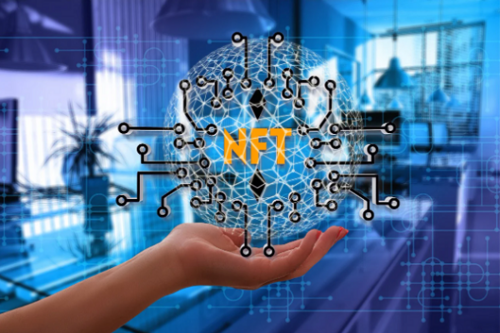
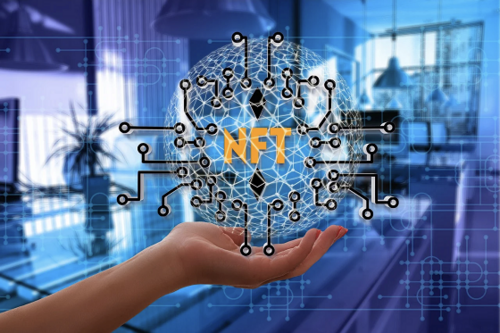
Image Source: Pixabay
In recent years, Non-Fungible Tokens (NFTs) have emerged as a revolutionary concept within the decentralized blockchain space. These unique digital assets have sparked a wave of innovation, transforming how we view and interact with digital content. In this blog post, we will delve into the world of NFTs, exploring their definition, diverse applications, and the immense potential they hold for reshaping the decentralized blockchain landscape.
Demystifying Non-Fungible Tokens:
At their core, Non-Fungible Tokens (NFTs) are digital assets that represent ownership or proof of authenticity for a specific item or piece of content. Unlike cryptocurrencies such as Bitcoin or Ethereum, which are fungible and can be exchanged on a one-to-one basis, NFTs are indivisible and one-of-a-kind. This uniqueness is made possible through blockchain technology, most commonly utilizing the Ethereum network's ERC-721 standard.
Broadening the Horizons: Applications of NFTs:
NFTs have unleashed a new wave of possibilities across various industries. In the art world, artists can now tokenize their creations, establishing verifiable ownership and allowing for direct sales to collectors. The gaming industry has seen NFTs revolutionize in-game items, enabling players to buy, sell, and trade digital assets across different platforms. Collectables, virtual real estate, and even virtual identities have all found a place in the NFT ecosystem, providing unique opportunities for creators and investors alike.
The Potential of NFTs in the Decentralized Blockchain Space:
NFTs are at the forefront of decentralization efforts, empowering creators and eliminating intermediaries. By leveraging blockchain technology, NFTs provide artists, musicians, and content creators with new revenue streams, enabling direct engagement with their audiences. Furthermore, NFTs have the potential to democratize access to digital assets, foster digital identity and intellectual property rights, and facilitate fractional ownership of high-value assets. This paves the way for a more inclusive and transparent ecosystem, benefitting both creators and consumers.
Challenges and Future Outlook:
As NFTs gain widespread popularity, it is essential to address the challenges they face. Environmental concerns, such as the energy consumption of certain blockchain networks, need to be addressed to ensure a sustainable future for NFTs. Additionally, the potential for scams and copyright infringement requires regulatory measures and increased awareness. However, ongoing developments in scalability, interoperability, and sustainability are paving the way for a more robust and responsible NFT ecosystem.
Conclusion:
Non-Fungible Tokens (NFTs) have emerged as a game-changer in the blockchain space. With their ability to represent ownership, uniqueness, and authenticity in the digital realm, NFTs have revolutionized industries such as art, gaming, and collectables. As the ecosystem continues to evolve, it is important to address challenges and strive for sustainable practices. The future of NFTs holds immense potential, promising increased democratization, enhanced digital identities, and a more transparent and inclusive decentralized blockchain space. Brace yourself for the exciting possibilities that lie ahead as NFTs redefine the way we interact with digital assets.
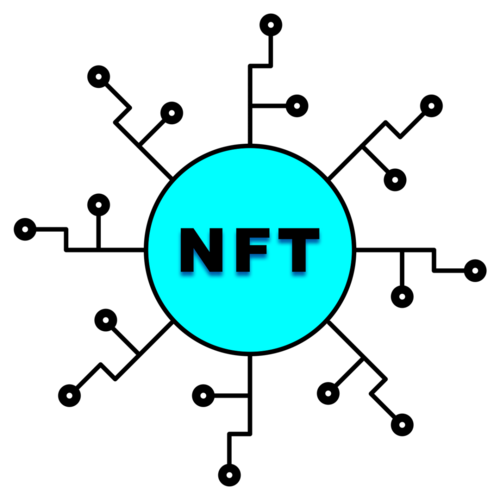
Image Source: Pixabay
Here are a few examples of Non-Fungible Tokens (NFTs) and their applications:
Crypto Art: NFTs have gained significant popularity in the art world. Artists can tokenize their digital artwork, creating unique NFTs that represent ownership and authenticity. These digital art pieces can be bought, sold, and traded on various platforms, providing artists with new revenue streams and collectors with verifiable ownership of digital art.
In-Game Items and Collectibles: NFTs have disrupted the gaming industry by enabling players to own and trade in-game items or collectables as digital assets. Players can purchase unique weapons, skins, characters, or other virtual items as NFTs, giving them verifiable ownership and the ability to sell or trade these assets with other players.
Music and Digital Albums: Musicians and artists can tokenize their music or albums as NFTs, allowing fans to own limited editions or unique versions of their favourite songs. These music NFTs provide artists with new ways to monetize their creations while giving fans exclusive ownership and access to digital music content.
Domain Names: NFTs have extended to the domain name market, where individuals can buy and sell domain names as unique digital assets. Owning an NFT representing a specific domain name provides verifiable ownership and the ability to transfer or sell the domain name to other parties.
These are just a few examples of the wide range of NFT applications. The versatility of NFTs allows for unique digital assets across various industries, creating new opportunities for creators, collectors, and investors in the decentralized blockchain space.
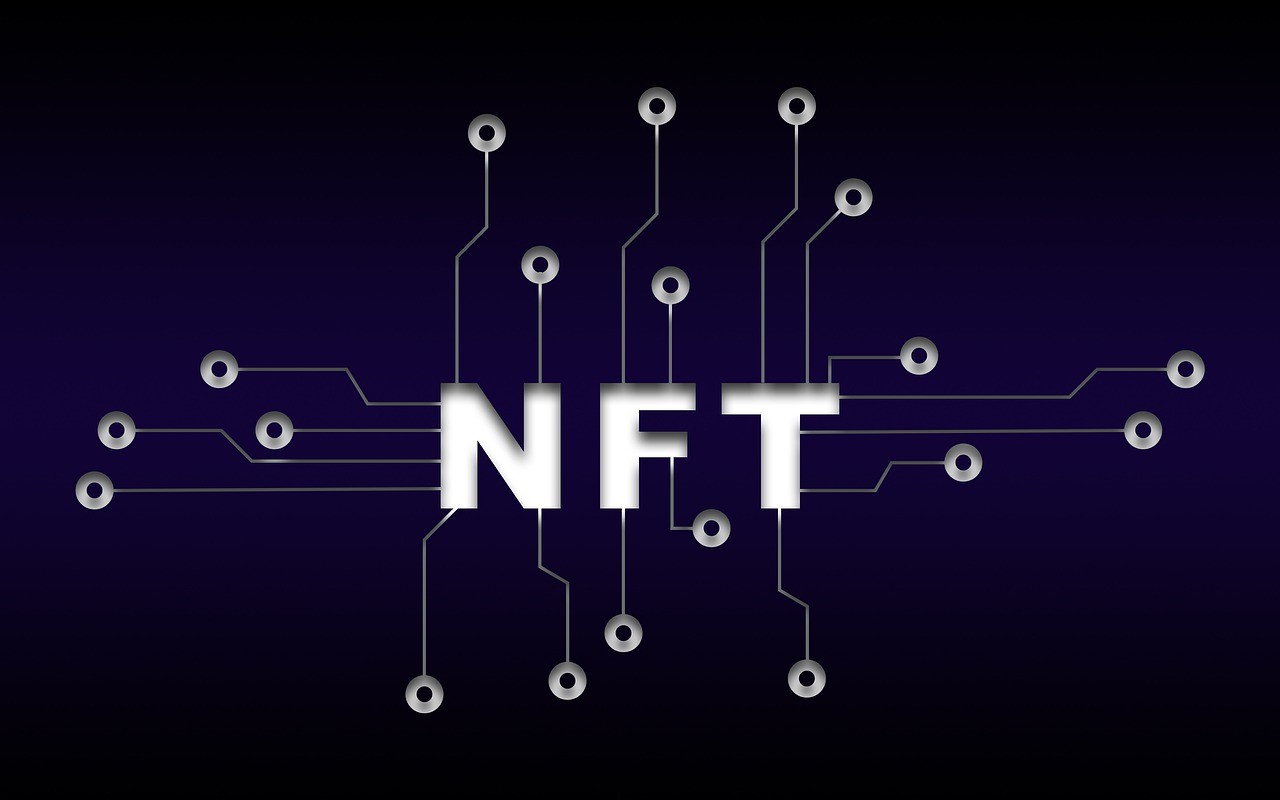
Image Source: Pixabay
"NFTs are rewriting the rules of ownership, authenticity, and provenance, ushering in a new era of trust and transparency."
This quote highlights the transformative impact of Non-Fungible Tokens (NFTs) on the concepts of ownership, authenticity, and provenance. NFTs, with their unique properties and blockchain-backed technology, are revolutionizing how we perceive and establish ownership of digital assets.
By providing a secure and verifiable record of ownership, NFTs enhance trust and transparency in the digital space. They ensure that a digital asset's origin, history, and authenticity can be traced and verified, eliminating doubts about its legitimacy.
In essence, NFTs are reshaping the traditional notions of ownership and establishing a new era where trust and transparency are key components of the digital economy.
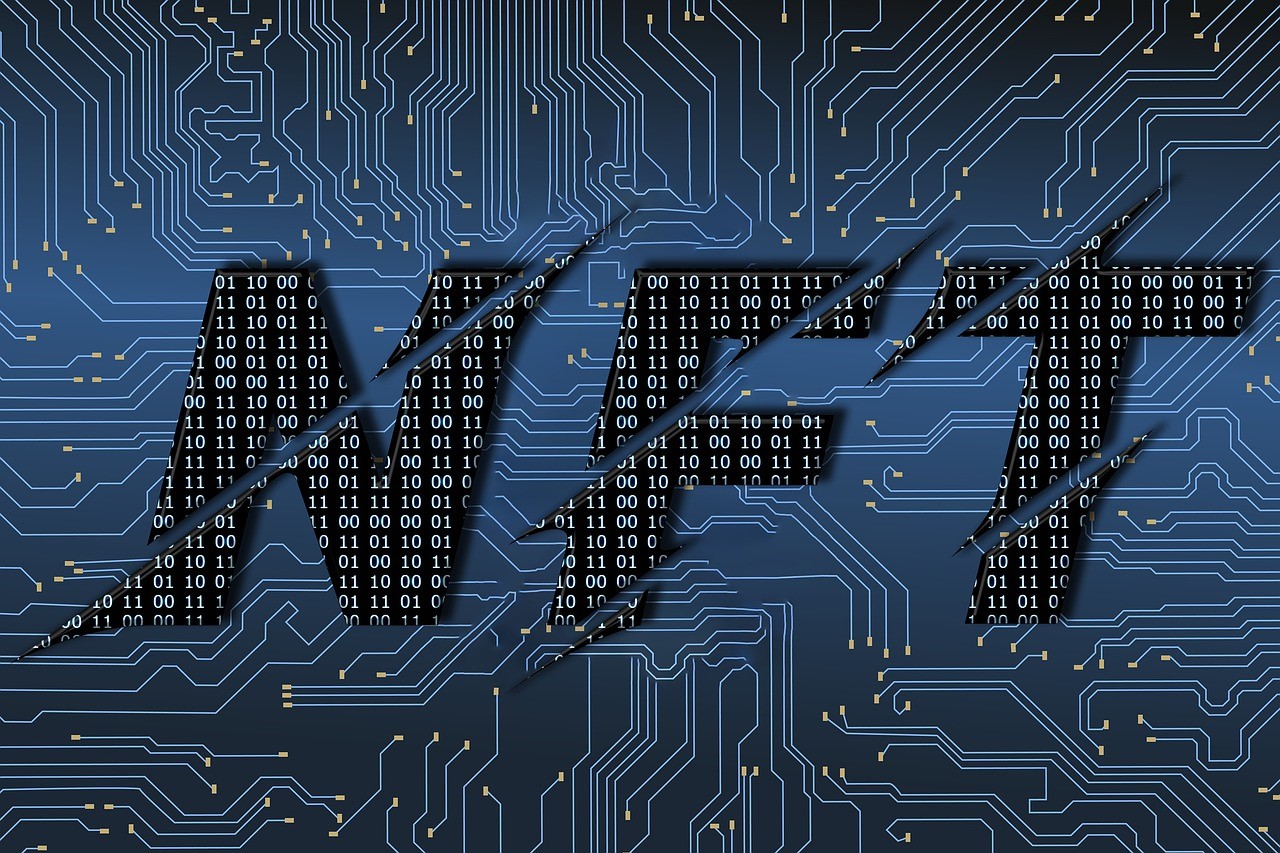
Image Source: Pixabay
Predicting the future of NFTs is speculative, however, here are some insights into potential directions and trends for Non-Fungible Tokens (NFTs) based on current observations and discussions within the industry.
Mainstream Adoption: NFTs have gained significant attention and popularity in recent years. It is likely that NFTs will continue to grow in mainstream adoption as more individuals, artists, collectors, and businesses recognize their potential value and unique capabilities.
Expansion of Use Cases: While NFTs have already made significant strides in areas like art, gaming, and collectables, we can expect to see NFTs expanding into new industries and use cases. This may include applications in music, sports, fashion, virtual reality, real estate, and more. The versatility of NFTs allows for endless possibilities in tokenizing and trading various types of digital and physical assets.
Enhanced Interoperability: Interoperability across different blockchain networks and marketplaces is an area that is actively being explored. Efforts are underway to create standards and protocols that enable seamless transfer and interoperability of NFTs, allowing users to move assets between platforms more easily. This would enhance liquidity and increase the overall value and utility of NFTs.
Regulatory Measures: As NFTs gain more mainstream adoption and value, regulatory frameworks may evolve to provide legal clarity and consumer protection. Governments and regulatory bodies may establish guidelines and standards to address issues like copyright infringement, fraud, and investor protection in the NFT space.
Innovation in NFT Technology: Ongoing advancements in blockchain technology will continue to shape the evolution of NFTs. Improvements in the scalability, efficiency, and cost-effectiveness of blockchain networks can further enhance the accessibility and usability of NFTs for a wider audience.
While these predictions are speculative, it is clear that NFTs have the potential to transform various industries and reshape the way we interact with digital assets. The future of NFTs will depend on the continued exploration, innovation, and adoption by creators, collectors, investors, and businesses in the coming years.
Disclaimer: This article is provided for informational purposes only. It is not offered or intended to be used as legal, tax, investment, financial, or other advice.
